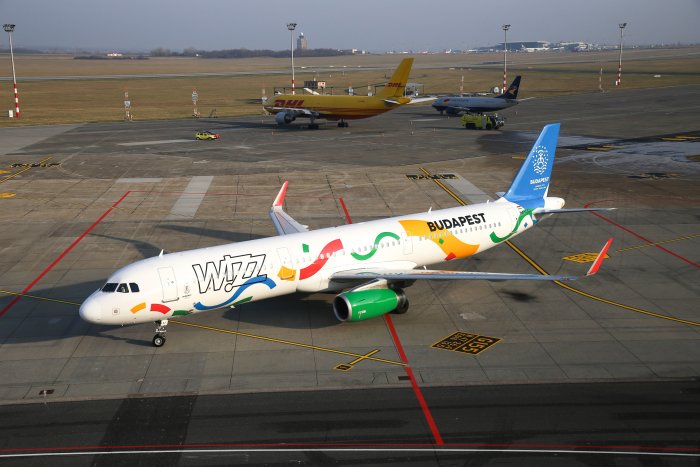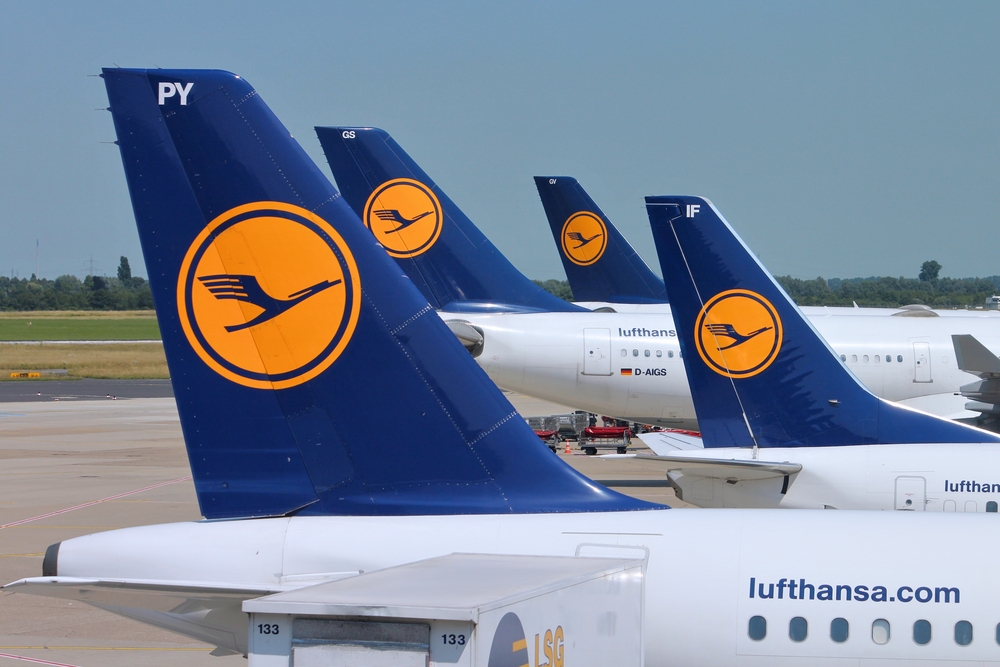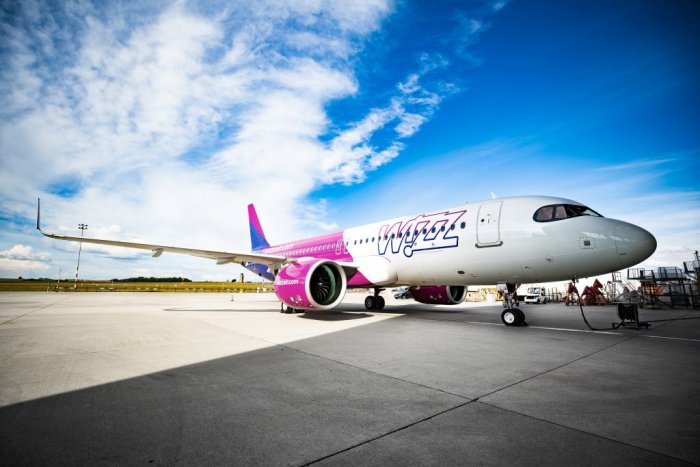Wizz Air closes strong financial year

pr
Total revenues of Hungarian low-cost airline Wizz Air increased by 10% to EUR 1.571 billion in its 2017 financial year (FY2017) ending on March 31, according to audited results the airline announced today. Profit for the year (IFRS) was a record EUR 246.0 million, a 27.5% year-on-year increase.
Ticket revenues rose by 2% to EUR 916 million, while ancillary revenues grew by 23% to EUR 655.7 mln.
Profit for the year (IFRS) was a record EUR 246.0 mln, a 27.5% year-on-year increase. Underlying net profit was higher at EUR 225 mln, amid industry-wide yield pressures. Total cash at the end of March 2017 was EUR 929.9 mln, of which EUR 774.0 mln was free cash.
Total unit revenue saw a decline of 8.5% to 3.75 euro cents per available seat kilometer (ASK), while total unit costs fell by 7.8% to 3.15 euro cents per ASK.
Ex-fuel unit costs decreased by 0.6% to 2.25 euro cents per ASK, while fuel unit costs fell by 21.9% to 0.90 euro cents per ASK.
The reported net profit margin increased 2.2 percentage points to 15.8%, while the underlying net profit margin decreased by 1.3 pp to 14.5%.
Wizz Tours, the company’s segment focusing on offering package holidays, saw revenues reaching EUR 18.1 mln, a fourfold increase year-on-year.
Strengthened position on market
Wizz Air says it was able to strengthen its market-leading position on the market. The number of passengers the airline carried grew by 18.9% to 23.8 million and the load factor was up 1.9 pp to 90.1%, securing Wizz Air’s position as the CEE’s leading low-cost carrier, a press statement issued by the airline says.
Over the last year, 113 new routes were operated including routes to four new CEE destinations and ten new destinations outside the CEE. At the same time, Wizz Air opened four new operating bases in Chișinău (Moldova), Kutaisi (Georgia), and Iași and Sibiu (Romania). Two more operating bases were announced during the last financial year, in London Luton and Varna (Bulgaria).
Wizz Air last year expanded its fleet with 12 new Airbus A321ceo aircraft to a total of 79 aircraft — a mix of 63 A320ceos and 16 A321ceos, driving efficiency on lower unit costs. The average aircraft age at the end of the 2017 financial year was 4.4 years, which makes Wizz Air one of the youngest fleets of any major European airline.
Despite the United Kingdom’s decision to leave the European Union, no signs of demand weakness on routes to and from the island country has been observed so far, Wizz Air says.
Additionally, the negative translation effect on GBP revenues due to Brexit in the last financial year is estimated at EUR 17 mln, which was absorbed by the rest of Wizz Air’s “large and diversified route network,” the airline claims.
CEO sees room for further growth
“We continue to drive our cost base lower to maintain one of the highest profit margins of any European carrier, something to which the exceptional operational and financial performance of our new A321ceo aircraft contributed,” Wizz Air CEO József Váradi said. “We continue to increase the number of brand-new A321ceos which we operate, with the type making up a quarter of our seat capacity at the end of March 2017 and delivering the anticipated double-digit cost savings compared to A320ceo aircraft, which gives us a clear cost advantage compared to most of our rivals,” he added.
Váradi also stressed that the airline’s “ultra-low-cost business model,” combined with a “growing, diversified network and our ever stronger balance sheet,” puts the company in a “unique position to exploit the significant market opportunity that exists in the CEE market of over 300 million people.” He also promised to keep expanding the route network Wizz Air has on offer.
“Growth will continue as a top priority for us and we plan to increase capacity by around 23% and carry nearly 30 million passengers in FY2018,” added Váradi. “We had a strong start to FY2018 due to the timing of Easter, which leaves us optimistic for the year ahead and Group net profit is currently expected to be in a range between EUR 250 mln and EUR 270 mln in FY2018.”
As a heavy caveat to this guidance, the CEO cited the revenue performance for the all-important summer period, as well as the second half of FY2018, a period for which he said there is currently only limited visibility.
SUPPORT THE BUDAPEST BUSINESS JOURNAL
Producing journalism that is worthy of the name is a costly business. For 27 years, the publishers, editors and reporters of the Budapest Business Journal have striven to bring you business news that works, information that you can trust, that is factual, accurate and presented without fear or favor.
Newspaper organizations across the globe have struggled to find a business model that allows them to continue to excel, without compromising their ability to perform. Most recently, some have experimented with the idea of involving their most important stakeholders, their readers.
We would like to offer that same opportunity to our readers. We would like to invite you to help us deliver the quality business journalism you require. Hit our Support the BBJ button and you can choose the how much and how often you send us your contributions.








